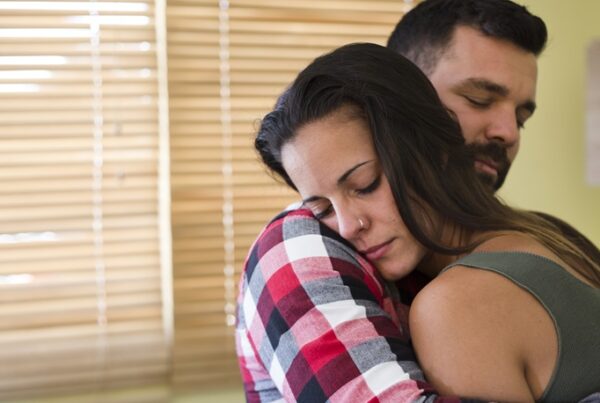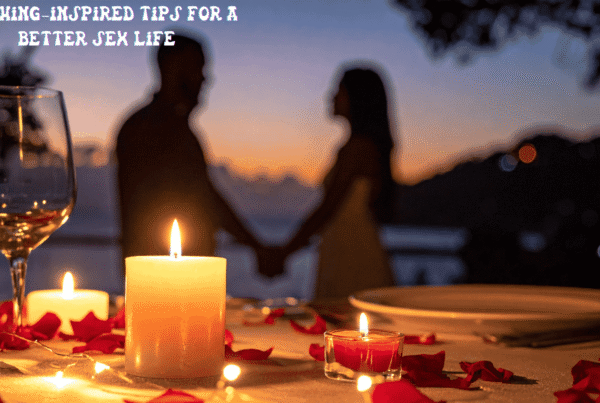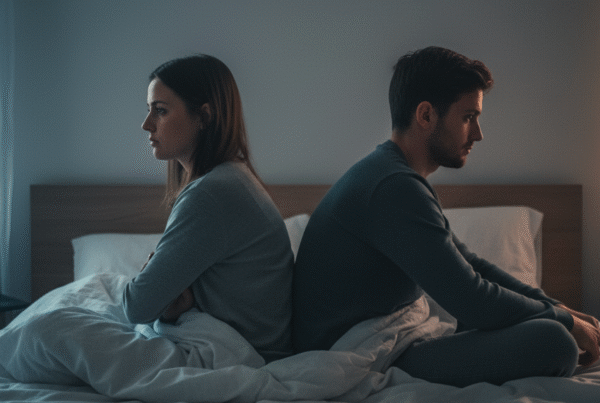Sam Levinson’s show that covers the world of heartbreak, dating, infidelity, and substance abuse has taken the world by storm. Packed with aesthetic shots, the show covers the self-destructive spiral of teenagers living in a predominantly white suburb.
Disclaimer: This isn’t going to be a hot take in any way. I’m stating my opinion and my experience while watching Euphoria.
I began binge-watching the show when the second season premiered very recently, and in the days that followed, I was just as caught up as everyone else in their stories. The show had its fair share of triggers – be it about sexuality, gender identity, childhood trauma, substance abuse, and assault – but the one thing I didn’t see coming was how it affected my body image.
 I finished the show in three days and it took me no time to start poking at my belly, wondering why it would stick out so much in my jeans. Soon, I was comparing their perfect faces, their make-up looks, their outfits, and I started skipping meals.
I finished the show in three days and it took me no time to start poking at my belly, wondering why it would stick out so much in my jeans. Soon, I was comparing their perfect faces, their make-up looks, their outfits, and I started skipping meals.
Now, this is very uncharacteristic for me, because I grew up feeling extremely good about the way my body looks. But as the idea that these were what teenagers looked like seeped in, I began critically examining myself. I’m three or four years older than them, and around the same age as the actors. So why are my boobs so different, how is it that these characters were skinny perfection?
When I had this conversation with other fans of the show, the go-to answer was, “What about Kat?”. Barbie Ferreira’s character is the only plus-size figure in the show, and she has a whole celebration of her sexuality happen throughout the first season. To those who hoist up Kat as the only answer, let me ask you this.
 Why do aesthetics matter? Why does the lead cast have to look perfect? All of the main leads – while racially diverse (except for the glaring lack of Asian characters) – look like the epitome of beauty within Eurocentric standards.
Why do aesthetics matter? Why does the lead cast have to look perfect? All of the main leads – while racially diverse (except for the glaring lack of Asian characters) – look like the epitome of beauty within Eurocentric standards.
Why must these characters look glamorous while going through typical teenage stuff? Why do they have to fit unrealistic industry-driven beauty standards for people to empathise?
My reality was not represented in Euphoria. Why did the show fail ordinary people of different looks, racial backgrounds, and sizes who go through these struggles? People with frizzy hair, acne, wearing yesterday’s clothes, and bad make-up? That’s more typical for teenagers I know.
 The show’s depiction of trauma and abuse is note-worthy – but it felt like this message gets diluted by the sheer glamour of it all. Do we need to depict a nervous breakdown as something glitzy, with characters crying with flower motifs around them? I don’t think so. If it’s messy, then let it be messy. The show relies on an absurd and unnecessary amount of shocking violence or nudity to get a reaction from the audience.
The show’s depiction of trauma and abuse is note-worthy – but it felt like this message gets diluted by the sheer glamour of it all. Do we need to depict a nervous breakdown as something glitzy, with characters crying with flower motifs around them? I don’t think so. If it’s messy, then let it be messy. The show relies on an absurd and unnecessary amount of shocking violence or nudity to get a reaction from the audience.
Intimacy, sexuality, gender identity, body image, and heartbreak healing are very odd experiences when you’re a teenager. That’s the whole beauty of it. It’s awkward, you don’t exactly know what you’re doing, but you learn and grow. Even dating and intimacy become such a new experience, as we’re all taught to seek affection in different ways.
So why are these experiences being glamorised and dramatised in Euphoria? If you want an example of a show that still got it right, take “Degrassi”. You could even call it a predecessor to Euphoria, for the show deals with the same topics with a clearer focus on its message.

Kat is the only plus-size character in a show that is meant to be about teenagers. You’re telling me that these hyper-sexualized, ideal beauty standard-fitting characters are the only way to represent these stories? Let’s not forget that the show is aimed at teenagers of 17 years and above.
In today’s world, where we’re all looking at perfect people on our social media, do shows like Euphoria claiming to be raw and real while being glow and glam cause more damage?
![]()
We can’t deny the influence the show has had on the world. I’m more concerned about young adults like me, picking up subconscious cues for what your body should or shouldn’t look like. One could argue that this is a show intended for the American populace, however, considering the popularity of the show worldwide, I’d say the creators owe it to their audience when they make a third season. Even if the audience is American, where are the Asians and Pacific Islanders in the show? In 2020, the estimated number of Asian Americans was 24 million. Does this audience not need representation?
If we’re going to show some hard, sensitive topics on stage, let’s be more inclusive about the people who depict them. There’s no dearth of fresh faces that look similar to the audience watching the show.





